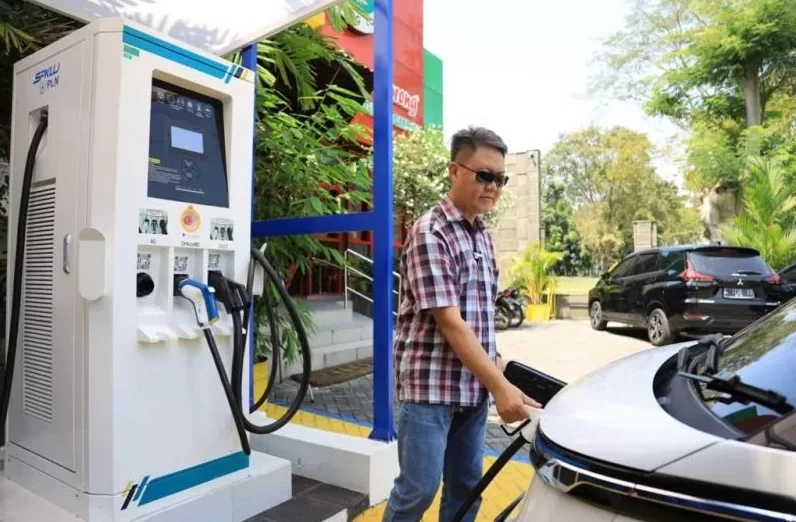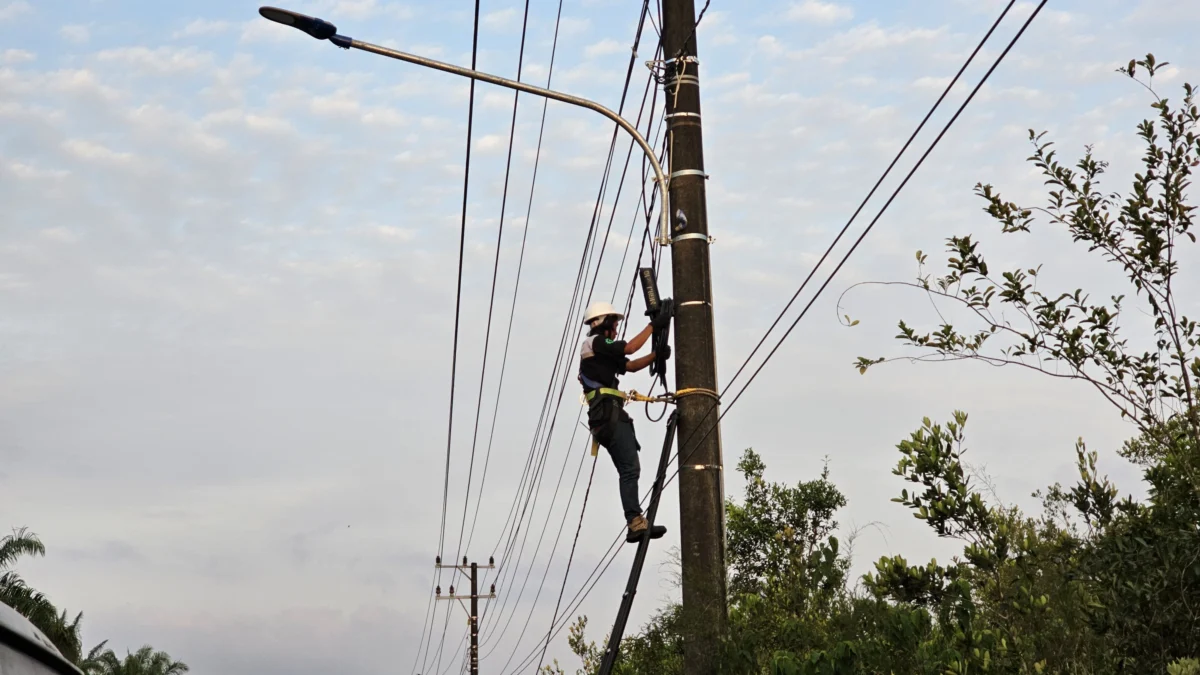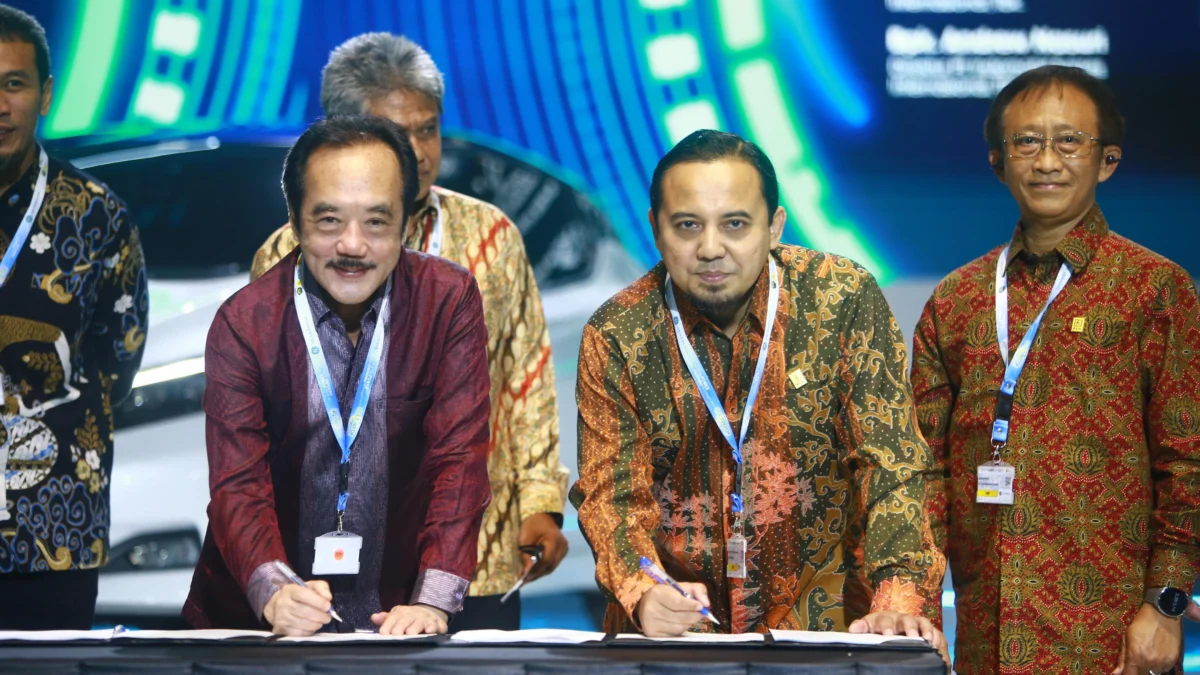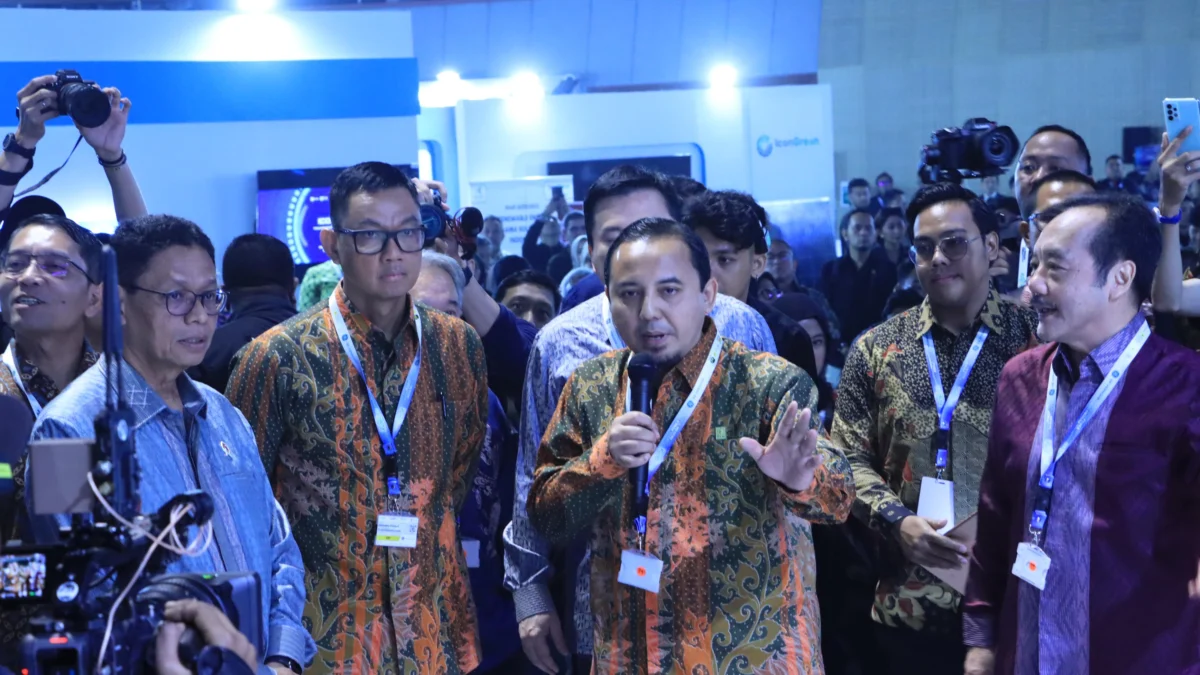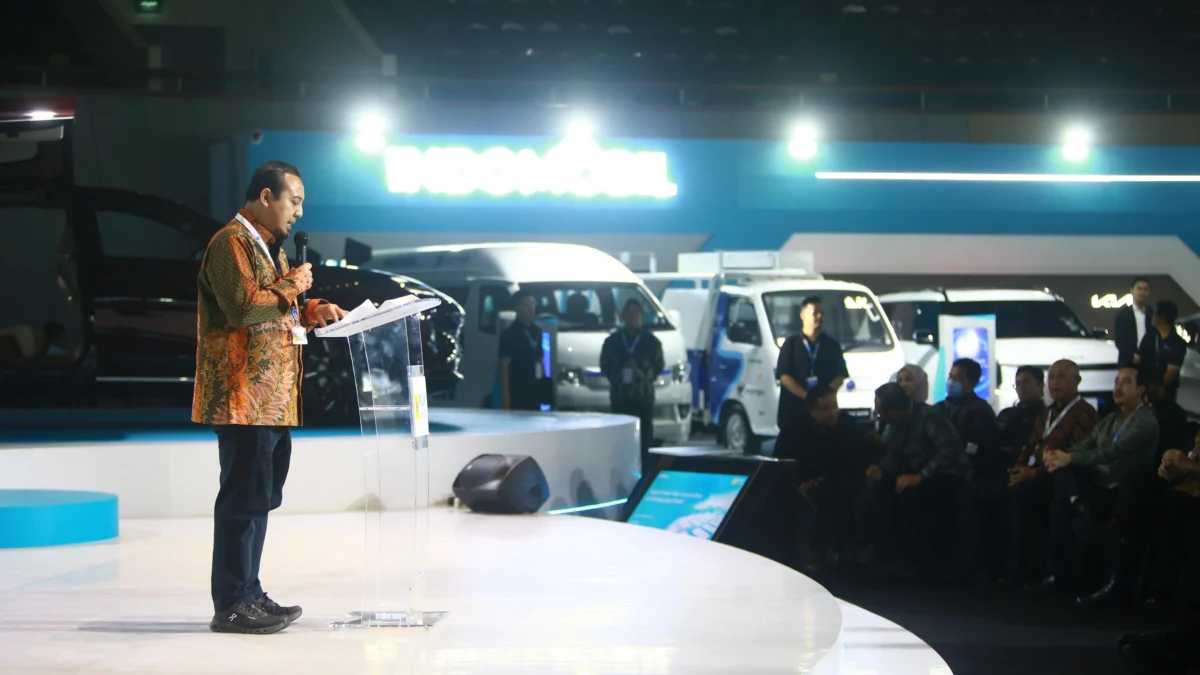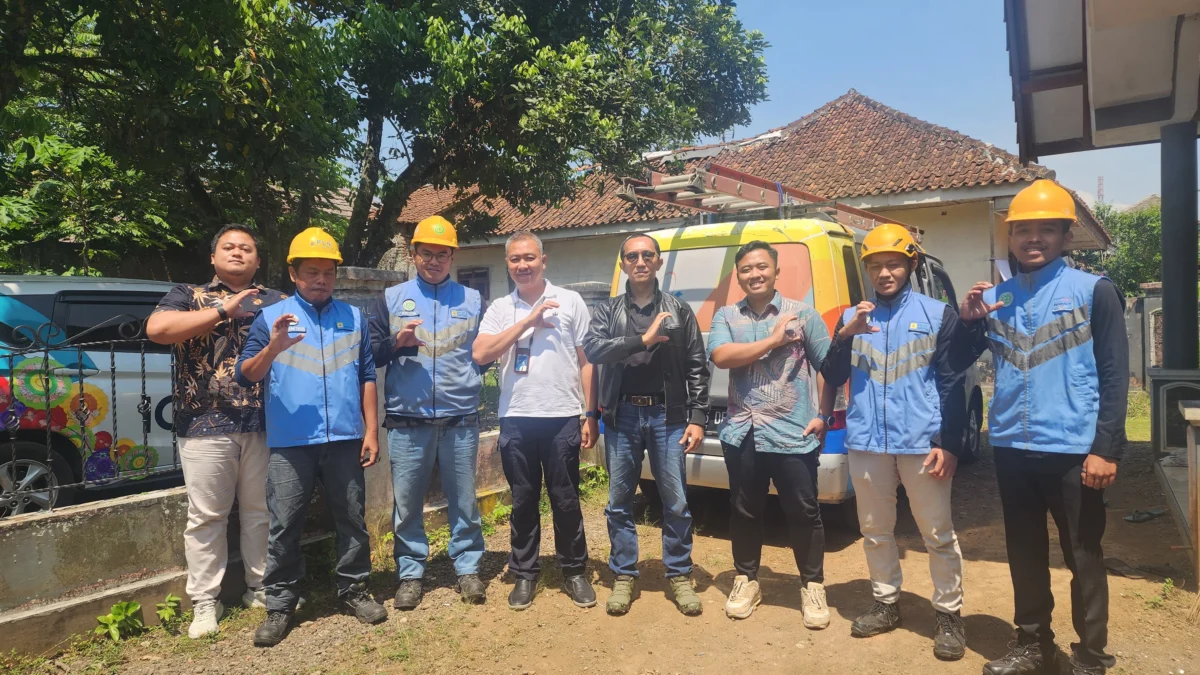As an illustration, a car with fuel with a distance of 10 kilometers (km) consumes 1 liter of fuel, while an electric car with the same distance consumes 1.5 kWh.
“So, assuming an electricity tariff of Rp1,699.53 per kWh, it only costs about Rp2,500 for an electric car and about Rp13 thousand for a fuel car to travel 10 km. That way, the operational cost of using an electric car is less than 20 percent of the cost of using a fuel car,” Darmawan said.
In addition, the maintenance costs of electric cars are more efficient than fuel cars. Among other things, electric cars do not use engine oil, which in fuel cars must be replaced every 10 thousand kilo meters at a cost of more than Rp1 million.
Darmawan also explained that the use of electric vehicles will benefit national energy sovereignty, which will reduce fuel imports.
“With the transition from fuel to electricity, there will be a shift from dirty and expensive import-based energy, to cheap and clean domestic-based energy. So that national energy sovereignty is getting stronger,” he said.
Regarding charging infrastructure, people do not need to worry. PLN has currently provided 616 SPKLU units spread across 237 locations for electric vehicle drivers in the country.
He cited the example of Steven, an owner of Gringging Lombok Fried Chicken Stall, Surabaya, who has opened an SPKLU since April 2023, and recorded 87 units of vehicles have been charging at his SPKLU.
Steven is the owner of a chicken stall located on the strategic route of the main road from Solo to Banyuwangi and strategically crossed by vehicles. And the results of SPKLU have added new income because SPKLU is a very prospective business opportunity.
Read more: Lula Declines Putin’s Invitation to Attend Economic Forum in Russia
